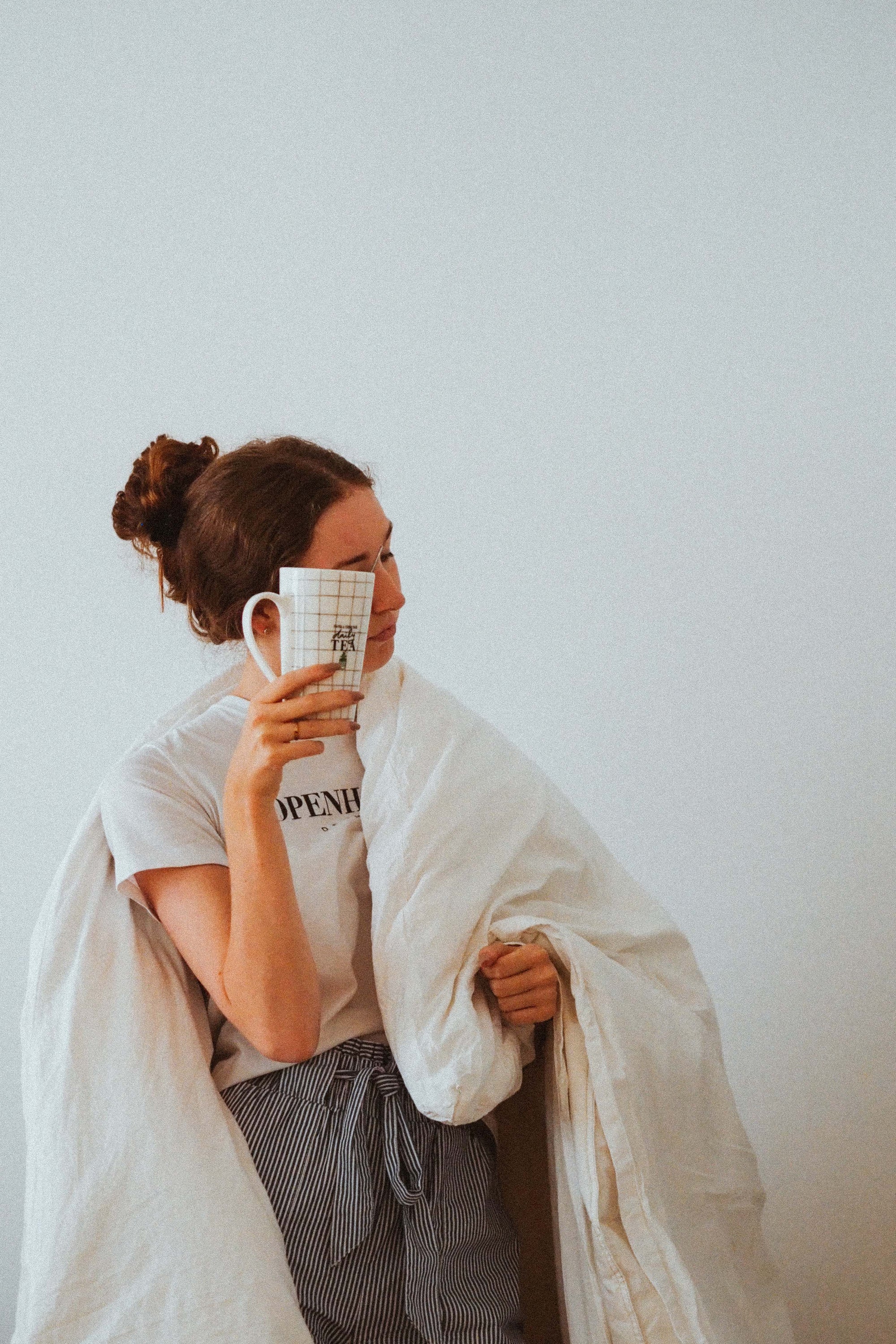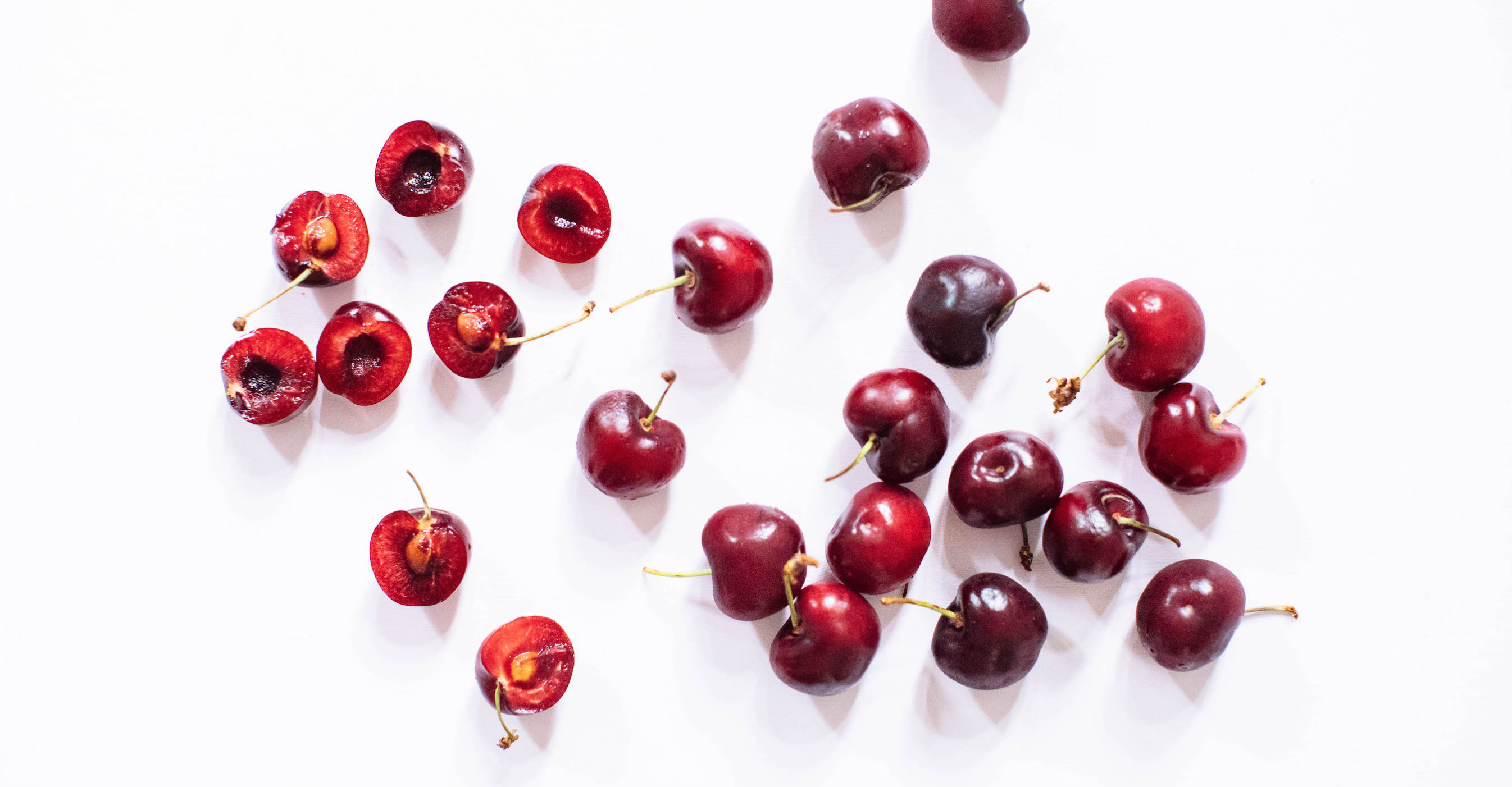
5 hacks for a better #BeautySleep
August 11, 2021
So many of us spend time and money looking after our skin - beauty oils, creams, serums, masks. Let us share a secret - sometimes all you need to do is simply slow things down and just..sleep. And there is quite a lot of research supporting the concept of beauty sleep too! We discuss this in today's blog post.

credit:Tenor Gifs
"YOU LOOK TIRED"
Have you ever had someone ask you this before, immediately making you feel like crap? Sleep deprivation is a problem that affects our health and mood, and unfortunately always shows up on our faces as well.
Here are some common signs
- Puffy eyes
- Fine lines
- Acne breakouts (Sleep deprivation is actually amongst the top 3 acne triggers!)
- Dark circles
- Dry patchy and itchy skin
- Lacklustre skin complexion
WHY SLEEP IS IMPORTANT
You are probably aware that your body repairs itself when you sleep. This is true for your skin as much as it is for your brain or your muscles. During sleep, our body resets itself. Our skin’s blood flow increases, regenerating collagen and repairs damage caused by UV exposure, reducing inflammation and age spots. The result is a brighter complexion with skin that is more elastic and clear. On the flipside, getting only 5 hours a night can lead to drier skin, and cause outbreaks of acne, eczema, psoriasis and other skin allergies.
WHAT IS THE OPTIMAL SLEEPING TIME?
The recommended sleep times are broken down into nine age groups. These are just guidelines based on studies done, and how much you need will depend on your overall health, daily activities and genetics. Some of us need our 8 hours of rest while others require less for a full recharge. You know yourself best, so think back on the days where you feel your best and make a note of how long you slept for the previous night. That's the easiest way to understand your needs!
| Age Range | Recommended Hours of Sleep | |
|---|---|---|
| Newborn | 0-3 months old | 14-17 hours |
| Infant | 4-11 months old | 12-15 hours |
| Toddler | 1-2 years old | 11-14 hours |
| Preschool | 3-5 years old | 10-13 hours |
| School-age | 6-13 years old | 9-11 hours |
| Teen | 14-17 years old | 8-10 hours |
| Young Adult | 18-25 years old | 7-9 hours |
| Adult | 26-64 years old | 7-9 hours |
| Older Adult | 65 or more years old | 7-8 hours |
extracted from Sleep Foundation
5 HACKS FOR A BETTER SLEEP
1. Stop looking at your phone for at least 30 mins before bed

Tune out the blue light emitted from your screen to avoid disruption to your circadian rhythm. According to the Sleep Foundation, "circadian rhythms are 24-hour cycles that are part of the body’s internal clock, running in the background to carry out essential functions and processes. They are directly influenced by environmental cues, especially light exposure. When properly aligned, a circadian rhythm can promote consistent and restorative sleep". Exposure to blue light emitted from your phone/laptop will unfortunately throw your circadian rhythm off balance, which can greatly affect your quality of sleep overtime.
2. Create an Oasis in your bedroom
Play with scents and diffuse your favourite essential oils or burn a candle. Get buttery soft bedsheets. Put on your favourite pyjamas. Self care is not just about a monthly spa facial. It's equally important to take care of yourself everyday to ensure that you get a good night's rest and wake up fresh the next day. What can be more important than that am I right?

Here are 3 recommended essential oils to help you improve your sleep
Lavender
Most commonly used for relaxation and sleep. When used before bed, studies have shown that lavender oil can not only help you fall asleep but also improve the overall quality of your rest.
Cedarwood
Cedarwood oil has a sedative effect due to a chemical compound called cedrol, which improves sleep quality.
Treat yourself to a pampering body ritual with the Body Glow Oil - a blend of organic plant-based oils infused with Lavender, Cedarwood and Ginger. Shop here
Bergamot
Unlike many citrus oils which carry more energizing characteristics, this sweet smelling citrus oil actually aids in lowering the heart rate and stress levels. There was a study of people in cardiac rehabilitation that found that sleep quality significantly increased after exposure to an aromatherapy mixture of bergamot, lavender and ylang ylang.
For that relaxing night time beauty treat, apply a few drops of Oasis Essential Moisture Oil onto your face and enjoy its aromatherapeutic blend of Bergamot, Lavender and Eucalyptus. This also contains moisturising Hyaluronic Acid to ensure that you wake up with naturally dewy skin! Shop here

3. Maintain a cool room temperature
There seems to be no universally accepted temperature. The ideal temperature listed on American sleep specialist websites is 65 degrees fahrenheit (16 to 18 degrees), while the ones in Singapore are setting it at 25 degrees celsius. Whether you're a born and bred tropical native or a polar bear, you can adjust the temperature gradually and make notes on how well you sleep accordingly. You can start off with 18 degrees celcius and slowly adjust it upwards over a period!
4. Avoid exercise or heavy meals at least 3 hours before bedtime
An elevated metabolism or heart rate can disrupt your sleep. When you lie horizontally with a full stomach, you will lose the effect of gravity that helps to keep the contents of the stomach down which can cause an acid reflux or heartburn. If you are feeling really peckish, reach for these 4 options that naturally contain melatonin - a chemical that helps to regulate sleep!
Cherries \\ Milk \\ Goji Berries \\ Nuts

photo credit @nutritionstripped.com
Interested to find out more? Check out this Forbes article.
5. Have your last glass of vino at least 3 hours before bedtime
While consuming alcohol can have a sedative effect to help you fall asleep fast, studies have shown that people who drink before bed often experience disruptions later in their sleep cycle as liver enzymes metabolize alcohol. This can also lead to excessive daytime fatigue the following day. As a general rule of thumb, it takes one hour for one serving of alcohol to be metabolized.

Check out the stats extracted from this clinic:
Finnish researchers found in a 2018 study that alcohol had significant effects on sleep quality, regardless of whether consumption was light, moderate, or heavy. After analyzing the sleep/alcohol habits of 4,098 adults between the ages of 18-65, they found that:
- Low alcohol intake reduced sleep quality by 9.3%
- Moderate alcohol intake (defined as two drinks per day for men and one for women) reduced sleep quality by 24%
- Heavy alcohol intake reduced sleep quality by nearly 40%
We hope you found this useful, and wish you an early night and sweet dreams!


